DevOps Engineer Certification Course in Pune, IN
(4.9) 3005 ratings.

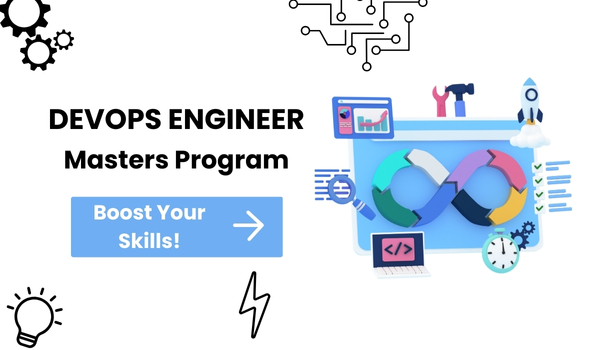
(4.9) 3005 ratings.


Next Batch Starts
Program Duration
Learning Format
GoLogica Academic's Master Program features a structured curriculum, paving the way to Global scope.
GoLogica having a 15+ years of experience on career transforming programs with industrial oriented Skills.
GoLogica Advanced Programs delivers cutting-edge AI Training, offering insights into the latest trends.
GoLogica emphasizes practical learning with exercises, projects to equip you with real world application.
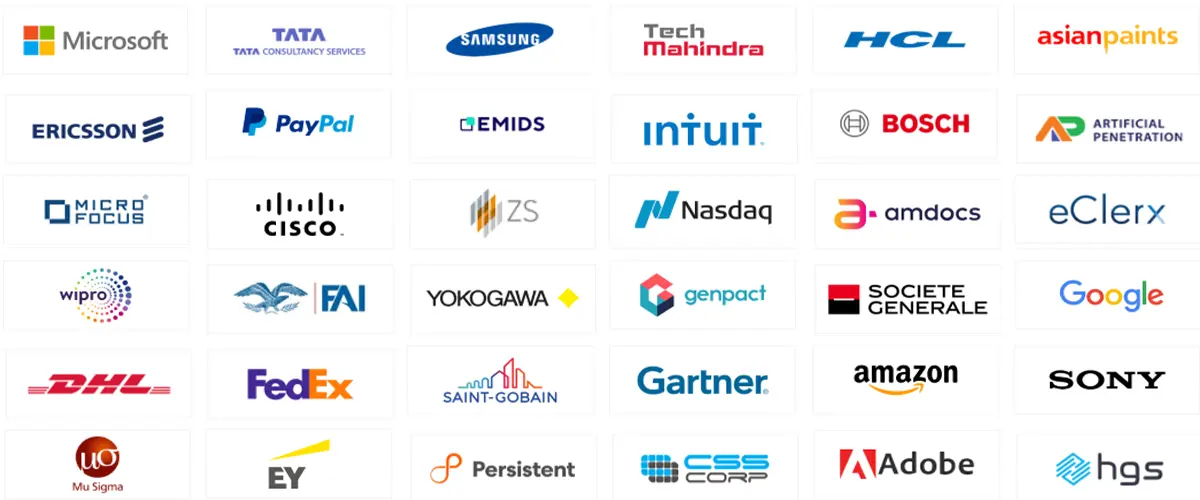
This course at GoLogica in DevOps Engineering is built to train people and take them further in their careers as successful professionals in the DevOps field. This course encompasses every practice and tool that is applied in DevOps so you can easily blend into software development teams and the operations teams as well. This wonderful program is perfect for professionals who want to master the integration of development and operations in contemporary agile and cloud computing environments, as well as to keep up with the boom demand for DevOps professionals.
The curriculum teaches you about the fundamental DevOps principles involving continuous integration and continuous deployment (CI/CD), automation, and teams working in collaboration. You also get practical knowledge about the most popular tools, including Git, Jenkins, Docker, Kubernetes, and cloud platforms that cover AWS, Google Cloud, and Azure. Once you become efficient in mastering them, these tools will teach you to create workflows, create pipelines, and manage large-scale deployments very efficiently.
Infrastructure as code is another important focus that relates to a really important idea in managing and provisioning computing infrastructure. Work on tools like Terraform and Ansible, where you can describe the infrastructure with machine-readable configuration files for scalable, reliable, and efficient ways.
Real-world industry projects in a course are, in fact, applications that offer learners an actual feel of how to streamline workflows, ensure the optimization of infrastructure, and enhance the efficiency of deploying and developing software. You also get to learn how to monitor as well as secure your applications across the cloud platforms so as to ensure that your applications are performing correctly at all stages of deployment.
The Master's in DevOps Engineering course in Pune by GoLogica also gets you prepared for one of the most in-demand certifications from the market such as an AWS Certified DevOps Engineer, Docker Certified Associate, and Kubernetes Administrator. And therefore, you also get to take the competitive edge in the marketplace, being highly valued by employers working across IT, healthcare, finance, and e-commerce.
This course provides practical experience also by virtue of hands-on training, industry projects, and unlimited access to the course material. Whether you are a newbie in DevOps or are an IT professional, this training course will hone your skills as well as confer on you the most relevant certifications to be in demand and utilized in the field of DevOps. You'll get the most updated trends and best practices with GoLogica to make it one valuable asset to any organization looking to acquire expertise in DevOps.
Python was mainly developed for emphasis on code readability, and its syntax allows programmer to express concepts in fewer lines of code.Python is considered a scripting, language like Ruby or Perl and is often used for creating Web applications and dynamic Web content.
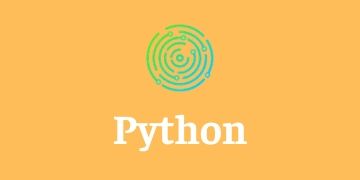
GoLogica Offers DevOps Online Training its a product improvement strategy that lay accentuation on coordinated effort, correspondence, joining, mechanization, and estimation of collaboration between programming designers and other IT pros.

GoLogica offers Linux online training and it refers to any Unix-like computer operating system which uses the Linux kernel. It is one of the most prominent examples of open source development and free software as well as user generated software; its underlying source code is available for anyone to use, modify, and redistribute freely.

At GoLogica learn and master the orchestrations of a container based platform with the help of our curriculum that is set up by industry experts to cover all the key features such as - node, pod, deployment, services, APIs, etc.

GoLogica learn and master the orchestrations of a container based platform with the help of our curriculum that is set up by industry experts to cover all the key features such as fundamentals of Kubernetes architecture, deployment, networking, security, and maintenance.
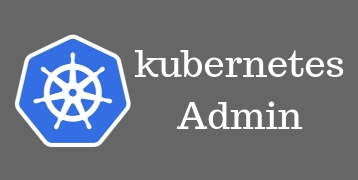
With the GoLogica course curriculum for AWS Database, you would learn cloud computing, cloud architect planning, storage services, management tools, and a lot many other topics under AWS. You will also have hands-on lab sessions where you can set up your own AWS app.
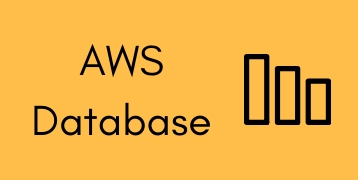


This will help you to better understand the DevOps industry.
you will be able to grow your career by broadening your proficiency in DevOps.
With this, the students will be able to decide their careers in the right way.
We Help with face-to-face interaction through mock interviews & Exams

Powered by
Paypal
Debit/Credit
UPI
GoLogica DevOps Engineer Certification holds accreditation from major global companies worldwide. Upon completion of both theoretical and practical sessions, we offer certification to both freshers and corporate trainees. Our certification on DevOps Engineer is recognized globally through GoLogica, significantly enhances the value of your resume, opening doors to prominent job positions within leading MNCs. Attainment of this certification is contingent upon the successful completion of our training program and practical projects.
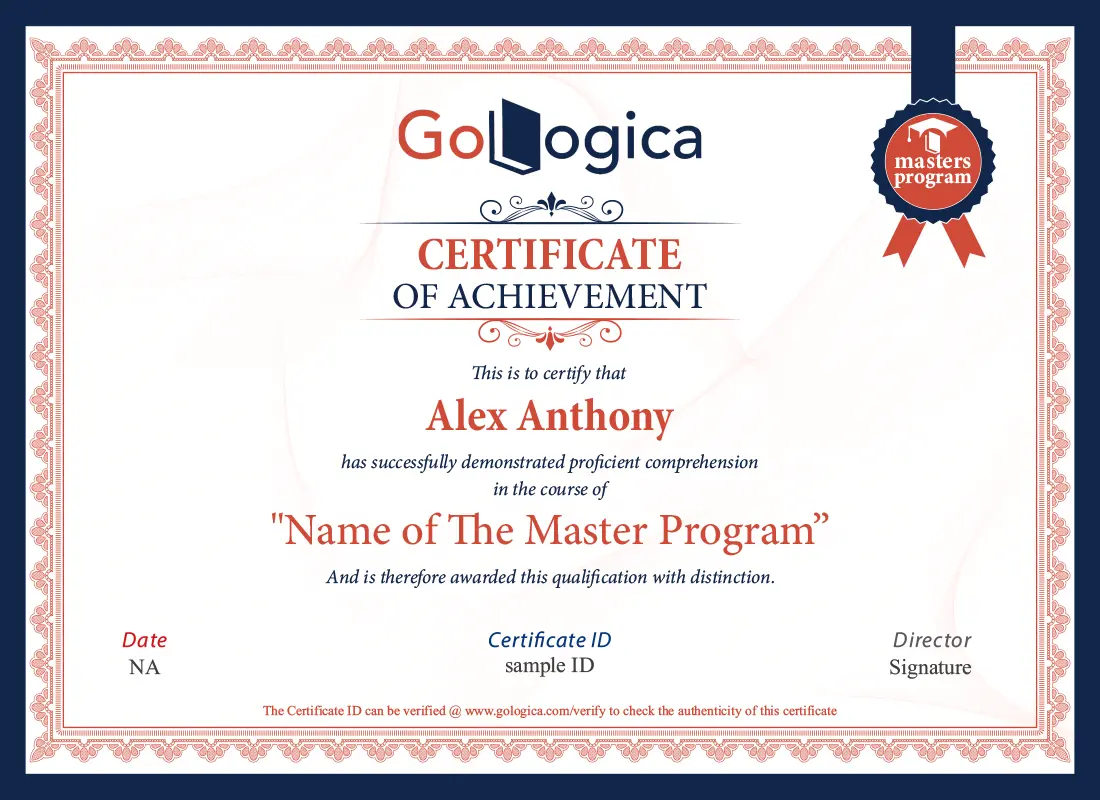
The U.S. Bureau of Labor Statistics forecasts a 20% increase in employment for DevOps Engineer from 2020 to 2026. & DevOps Market Ventures predicts 8.1 million unfilled cybersecurity jobs worldwide by 2030.
According to the BLS, DevOps Engineer professionals are well-compensated. The median annual wage for DevOps Professionals was $90,000 to $120,000 PA It’s depending on factors such as experience, location, and specific job responsibilities.
Are you preparing for a interview? If yes, our expert tutors will help you with this.
DevOps methodology aims to collaborate between the operations and development teams. Thus, DevOps engineers are those who supervise the complete software development life cycle. They are expert in managing code releases, automating several processes, deploying CI/CD pipelines, etc.
The demand for a certified DevOps Engineer is increasing day by day. Agile and DevOps help businesses increase their productivity and reduce the time required to market their products and have good ROI.
You can join this program easily. Visit our site, fill up the form, and make payment. Once you complete the payment, you will get the confirmation mail. Also, you will get the access details to get the course material.
It helps you enhance the key skills required to become an expert DevOps Engineer. With this, you will learn:
Monitoring
Also, you will learn about the tools such as Git, Chef, and Nagios. Docker, Jenkins, and Puppet in a hands-on, collaborating, and practical approach.
Also, you will get hands-on experience with certain DevOps tools like Docker, Puppet, Git, etc.
You must have a high school diploma or undergraduate degree. Also, you need to have a basic knowledge of web development, Linux, and Java programming. Having knowledge of MS Azure and AWS is a plus.
It is a certification that showcases your knowledge of how to deploy DevOps practices in a company. This is one of the best methods to prove your skills in:
As of now, the demand for DevOps Engineers is high. The companies prefer certified professionals having DevOps skills. You have to develop your DevOps skills by completing this training program. Also, you have to finish the industry projects to prepare for the certification exam.
Computer software, financial services, consumer electronics, information technology & services sectors prefer certified DevOps Engineers. Companies such as TCS, SAP Labs, Accenture, Amazon, etc. are hiring these engineers.
DevOps Engineers do not have to code from scratch. But they should have a basic knowledge of programming languages and coding. Having knowledge of JavaScript, Python, C, and Ruby is a plus.
GoLogica offers a wide array of DevOps courses. It includes Master-level, PGP, and certificate courses including tool-based & advanced courses.
Linux is more customizable as compared to MacOS and Windows. it enables downloading essential DevOps tools easily and quickly. Moreover, Linux is most important for DevOps as it is scalable and flexible to create a dynamic software process.
Yes. The job can be quite stressful depending on the complexity involved in the processes.
Which industries use DevOps most? I want to know it in detail.
Yes. With this certification course, you will definitely get a job as a DevOps Engineer.
I want to know the DevOps Engineer course syllabus. Can you please explain it?
The entire course syllabus is available on our website.
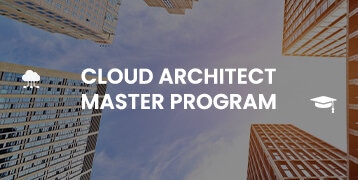
263 learners (4.8) 6 Months View Program
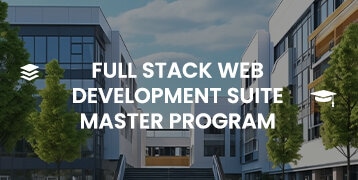
320 learners (5) 6 Months View Program
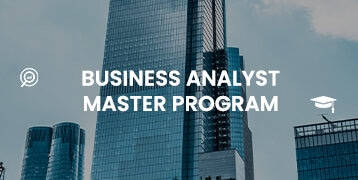
154 learners (4.1) 6 Months View Program
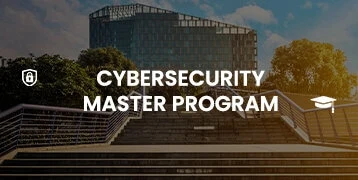
220 learners (4.8) 6 Months View Program